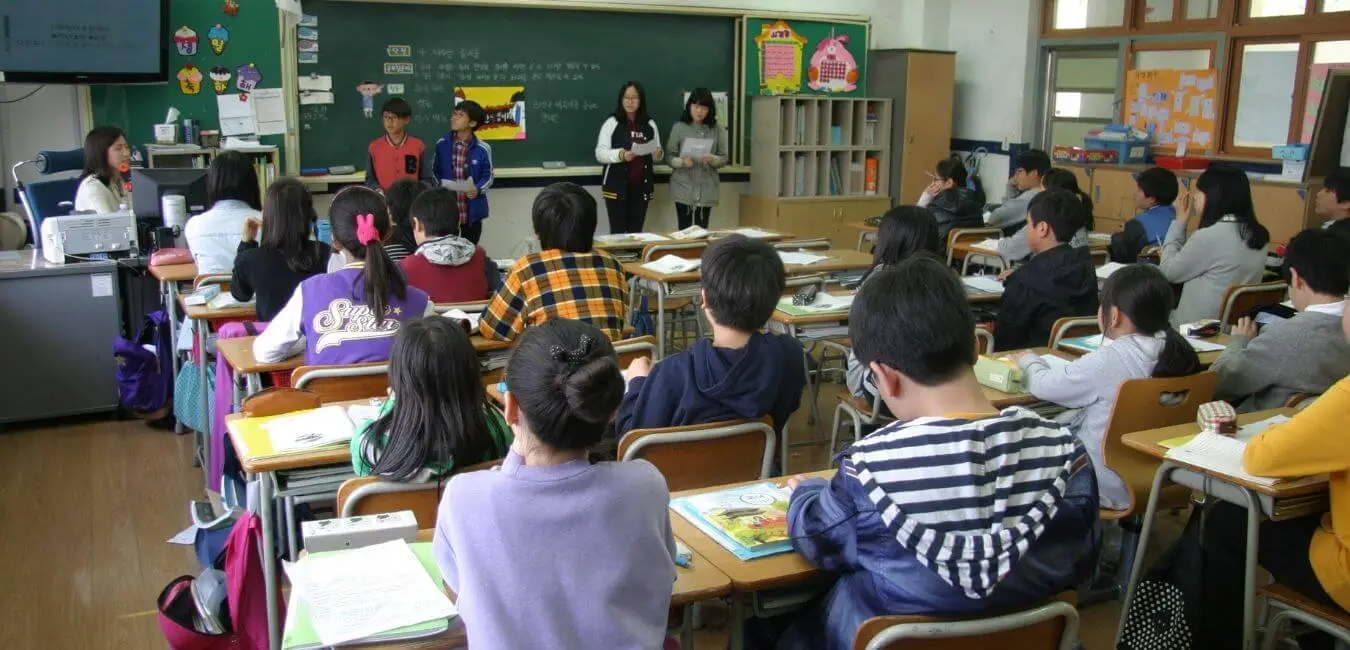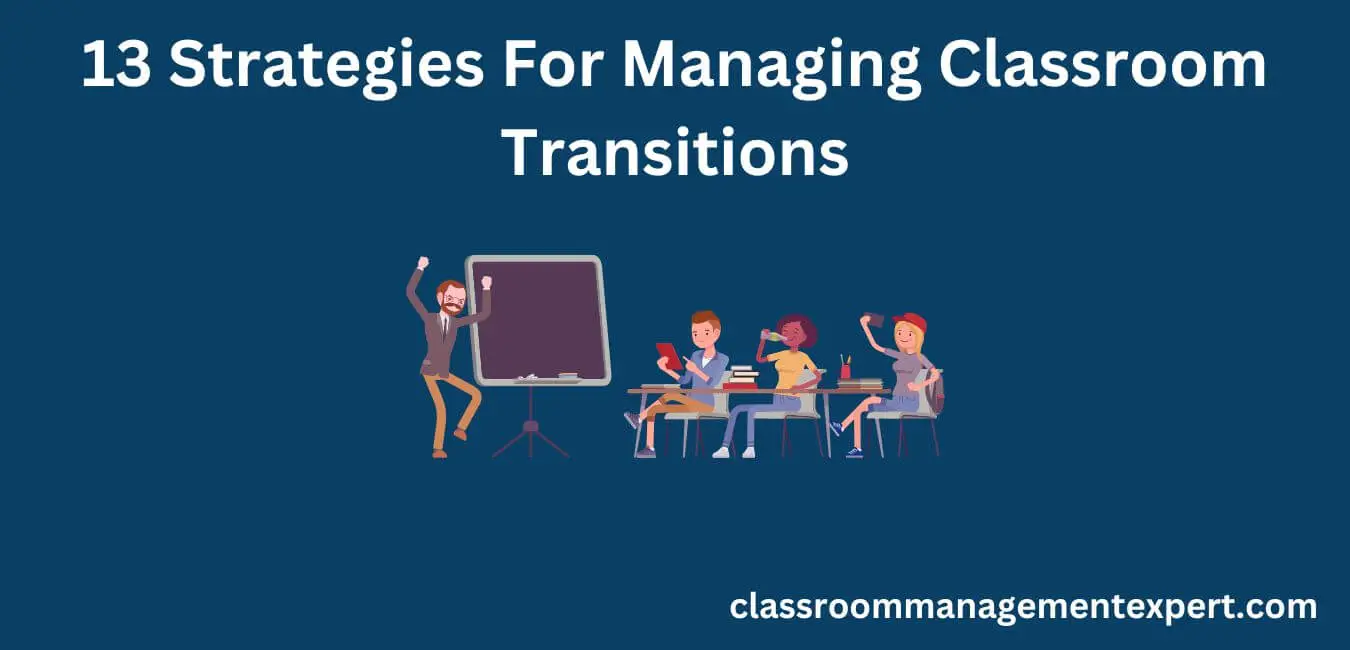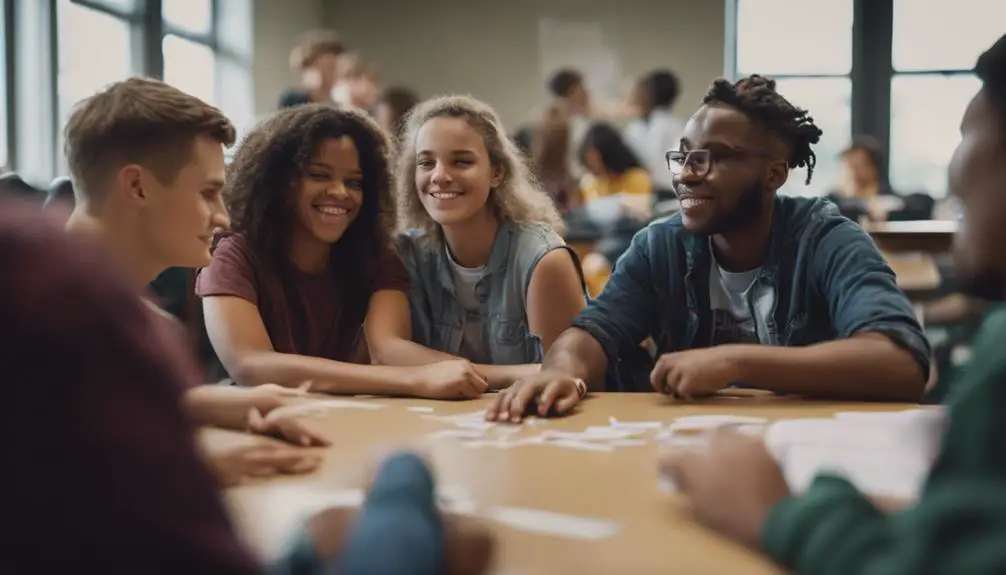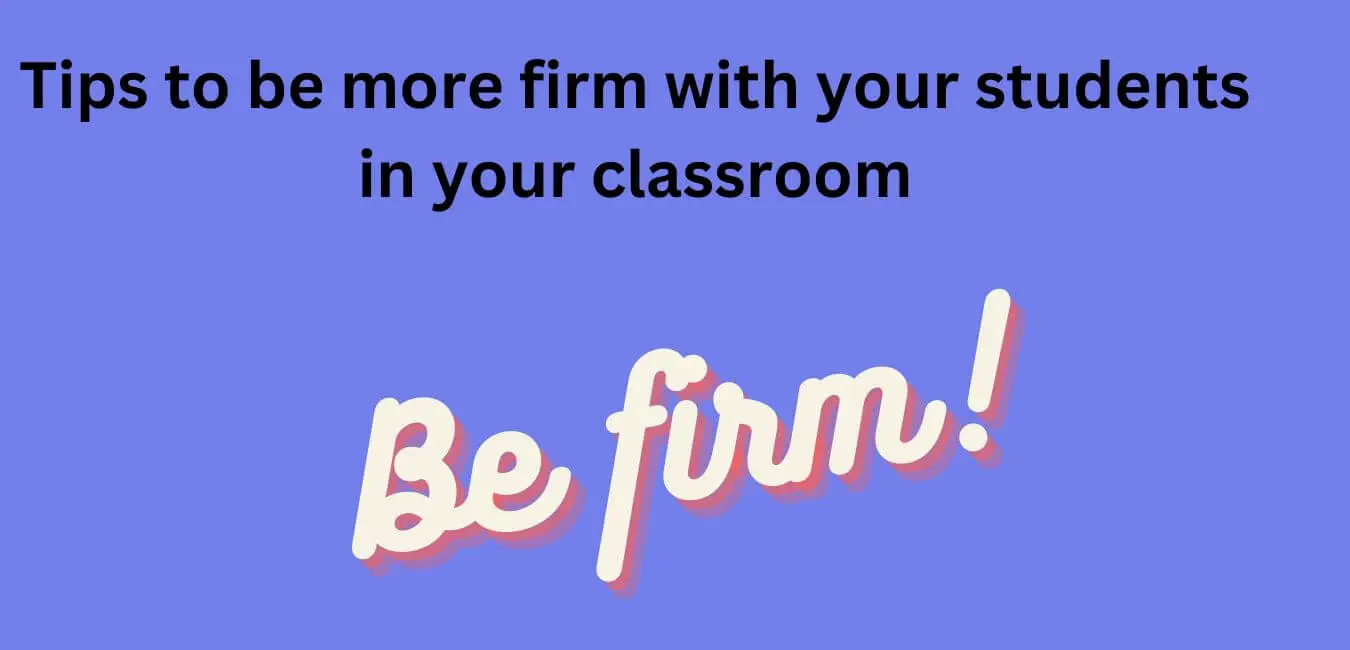If you’ve ever been to a classroom, chances are you’ve seen disruptive behavior. It can start as soon as the bell rings and doesn’t stop until it is time for dismissal. The problem with this kind of behavior isn’t just that it disrupts learning for those who want to be engaged in the lesson, but also that those who have disruptive behaviors may not do well academically because they don’t get help from their teachers or peers when they need it. This blog post will give an overview of the effects of disruptive behaviors in the classroom.
What Are the Effects of Disruptive Behavior in the classroom?
A student disrupting the class can have a variety of effects on both themselves and their peers. For instance, an individual’s behavior may be frustrating for them eventually or they could try to gain attention by responding in this way. A few effects of disruptive behavior in the classroom include:
1. A decreased sense of safety among students because of the lack of control, which may result in increased bullying.
2. The student who is disrupting their peers’ learning will feel isolated or alienated from their classmates, which can lead to emotional distress and loneliness.
3. Increased stress and pressure on the teacher because they have to focus on controlling an unruly classroom instead of teaching their content knowledge and planning for the next unit.
4. Less learning occurs as the focus is always on those who are disrupting and not those who want to learn.
5. Students may begin missing school because they don’t feel safe at school and/or they receive less instruction in comparison to peers who aren’t exhibiting disruptive behavior, which can lead to falling behind and possibly dropping out of school.
6. Students who don’t receive an education in a safe and supportive environment won’t feel successful or heard, which may lead to delinquency or criminal behavior.
7. The student who is disrupting the class may be viewed as lazy by classmates instead of being fully understood for their situation at home, leading to teasing and bullying.
8. If the student is disruptive because of a learning disability or an emotional disorder, they are less likely to be identified for them to receive appropriate support.
9. A student who is exhibiting disruptive behavior may have trouble concentrating on the lesson when it’s their turn to participate in class discussion, limiting their knowledge of the content.
10. Fewer opportunities for students to develop social skills as they don’t have a chance to practice them through dialogue and collaboration due to their peers’ behavior.
11. Disruptive behavior could lead a student who is exhibiting it to eventually drop out of school and/or turn to criminal activity instead of having the education they need to find a successful career path.
12. It may be hard for the student who is being disruptive in class to have enough energy left for homework after their day at school, which can lead to academic struggles and poor grades.
13. The student’s peers may not want to work with them or include them in their activities because they see them as unruly or after they’ve had too many negative experiences in the classroom.
14. If disruptive behavior is left unchecked, things can escalate to more dangerous behavior, such as hitting or throwing objects that could injure another student or themselves.
15. The student is likely to get kicked out of school if this kind of behavior continues over time; this can lead to them feeling like an outcast and cause them to become depressed or anxious.
16. If a student is exhibiting disruptive behavior, they may not receive all types of instruction that could help them succeed in the future, such as technology classes.
17. The student who is being disruptive might spend time in detention or even be suspended, which could lead to them feeling like a failure and losing motivation.
18. The student who is being disruptive might have trouble developing relationships with peers or accessing the learning materials they need for class, leading to more frustration and acting out in school.
19. The individual’s behavior may frustrate them eventually due to their lack of control, which can lead to them feeling embarrassed or humiliated.
20. It can make it harder for other students to learn because the majority of the teacher’s attention is taken away from their lesson and placed on the student who is disrupting their peers’ learning instead.
21. The individual may not be able to participate in school-sponsored activities if they are suspended, which might prevent them from being able to express themselves creatively.
22. The student who is exhibiting disruptive behavior may have an increased risk of dropping out of school if they aren’t provided with the support they need to succeed academically or emotionally.
23. If a student’s behavior results in suspension, that could lead to them feeling bored at home and may cause them to act out even more with their peers
24. If the student is exhibiting disruptive behavior, they may not receive any guidance or support in developing skills that could lead to future success such as job hunting, career planning, and financial management.
25. The child’s teachers might become frustrated when trying to teach due to trying to manage the student’s behavior; eventually, they might give up on teaching that child altogether.
26. A lack of self-control when it comes to disruptive behavior could lead the individual to act out in other situations, such as when they are with their peers or in public.
27. The student who is exhibiting disruptive behavior may not feel like they have any friends and may eventually start to feel depressed as a result.
28. The student who is exhibiting disruptive behavior isn’t always going to be able to control their emotions and reactions, something that can lead to them becoming violent or using drugs or alcohol.
29. Disruptive behavior could increase the pressure on the teacher and result in them not being able to focus on the rest of their class, which could lead to failing other students.
30. If disruptive behavior goes unchecked, it can eventually escalate and become dangerous for the student who is acting out against themselves or others in the classroom.
31. Some students may grow up modeling this kind of behavior after observing it in school; if not, the classroom environment could make them feel as if this kind of behavior is acceptable.
32. If a student’s lack of self-control leads to violent outbursts, they may be suspended from school, which can lead to bullying outside of school and increased anxiety at home.
33. If a student’s lack of self-control leads to violent outbursts, it can scare the other students in the class, which could also decrease their chance of developing positive relationships.
34. If a student’s lack of self-control leads to violent outbursts, they may end up hurting themselves or others, which can result in serious injuries and an increased risk of emotional scarring.
35. Disruptive behavior can lead to a student feeling as if school is more of a punishment than a positive learning environment, which could turn them off from their studies and future careers.
Final Thoughts
Disruptive behavior in the classroom is a very real problem that can have serious consequences for students and teachers alike. While it may seem like disruptive behaviors are harmless, they can lead to emotional scarring, violence, bullying outside of school, suspension from school which leads to feeling bored at home, or acting out with peers even more. In order to combat this issue head-on, you need to take proactive steps such as training your staff on how to handle disruptive behaviors before they escalate into something dangerous.


















